Crops Grown in Africa that are Affected by Climate Change
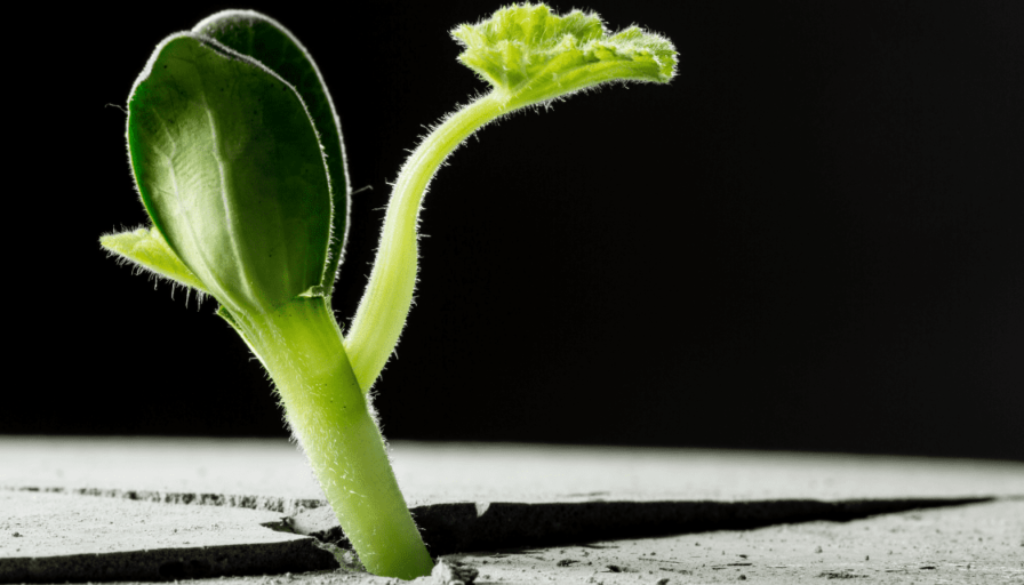
Climate change is affecting our lives in many different ways. Some people experience the impacts firsthand, while others indirectly. One of the effects involves crop production, resulting in a worse availability of certain plants. In some areas, these plants might go extinct.
Coffee, cocoa, and tea – products, which became parts of social interactions. Some of us cannot imagine starting a day without a cup of coffee or tea, others couldn’t live without the sweet taste of chocolate. If climate change doesn’t wipe out these crops completely, their availability will worsen a lot.
#1 Coffee
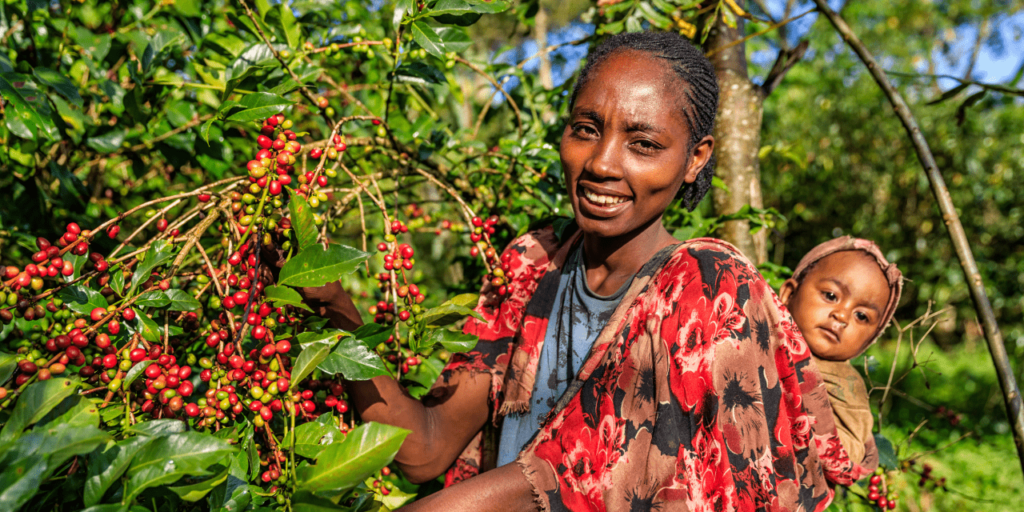
Ethiopia is African largest producer of Arabica coffee; 15 million Ethiopians depend on its production for a living. Like any other plant, Coffea arabica needs water for growing. Due to the rising temperatures, droughts, and less rainfall, this won’t be so simple in the future. It’s not easy even now.
The area where coffee is grown could shrink by 39-59% by the end of the century. Some farmers are already switching from coffee to crops like maize. Coffee requires shade from trees to grow, while maize doesn’t. This leads to deforestation and less space for coffee production.
Scientists state that a possible solution might be moving the plantations to higher places since low-altitude areas will become unsuitable. However, it doesn’t solve the problem itself and many farmers wouldn’t be able to transfer their farms. Governments and companies should invest in coffee farming so that these necessary procedures could be made.
#2 Cocoa
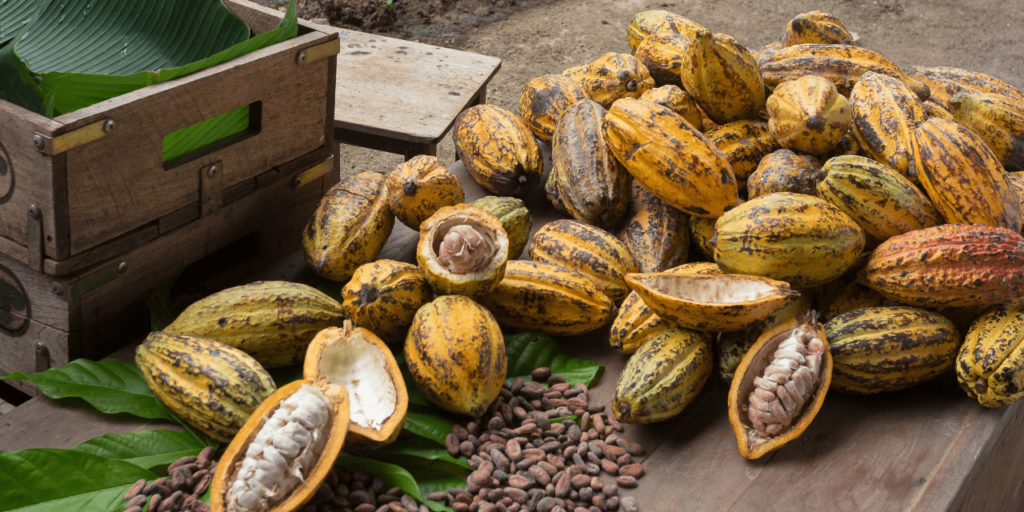
Deforestation is the biggest problem for cocoa production. Ivory Coast (Côte d’Ivoire) and Ghana, which together produce 53% of the world’s cocoa, are facing this issue. In the future, some of the currently fertile areas might become unsuitable.
The cycle of deforestation starts with cutting down the trees, as a result of the increase in population. There are more people who want to grow more crops. With no trees, the temperatures rise. And with higher temperatures, there’s less rainfall. Everything mentioned makes cocoa-growing impossible.
Companies producing chocolate invested millions of dollars in order to protect the cocoa. The focus is set on educating the farmers on sustainable agricultural techniques, like agroforestry. Other activities include mapping the areas at risk, providing financial support, or distributing the cocoa seedlings.
#3 Tea
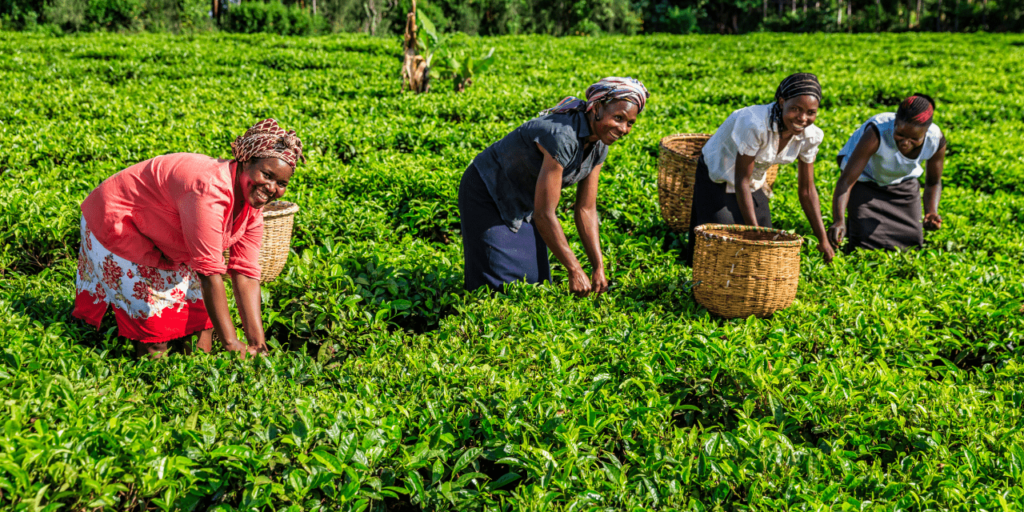
Black tea is a crucial commodity for Kenya, the world’s largest producer of it. But changing temperatures and rainfall patterns might affect not only the crop quantity but also the quality. According to Christian Aid, the very taste of the tea might change.
The study by Christian Aid predicts that areas suitable for growing tea in Kenya could reduce by about 26%. Local farmers consider quitting tea production since the earnings became much lower than years ago. This might cause black tea prices to skyrocket.
Countries should financially support the farmers, in order to adapt to the changing climate conditions. Farmers should also diversify their plantations, so they won’t be relying on a single crop to make livelihoods.
Farmers need financial support in order to adapt to the changing climate conditions. Unfortunately, most of the countries they live in can’t support them, due to the lack of financial resources. Here’s when economically-developed countries come in – in 2009, rich nations committed to mobilizing $100 billion by 2020. Even though they failed to reach this number ($70.6 billion in 2019), at the COP26 conference, nations committed to helping the lowest-income countries improve climate resilience – to $40 billion in 2025.
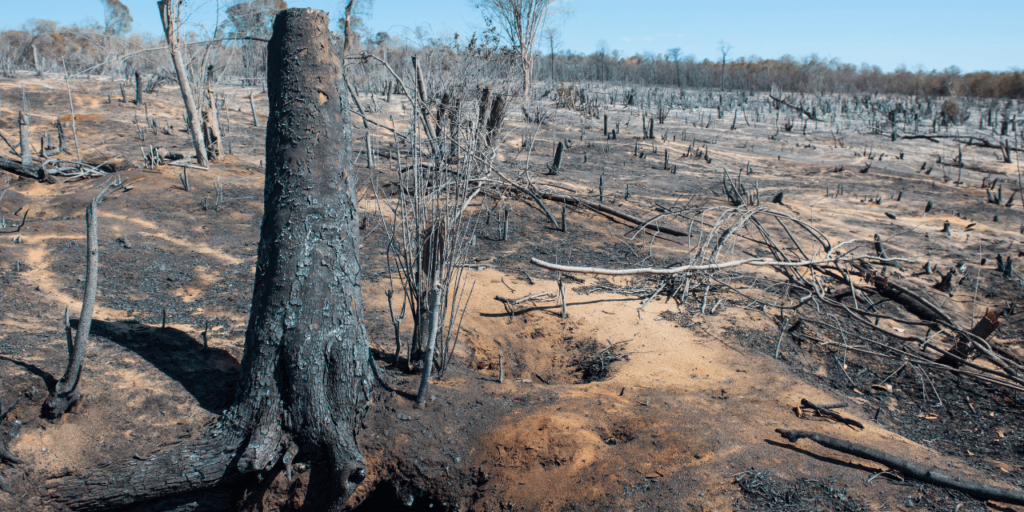
Climate change is a serious problem that needs immediate action. The earlier we start implementing sustainable solutions, the less negative impacts it will leave behind.
Sources:
- https://www.npr.org/sections/thesalt/2017/06/19/533538555/ethiopias-coffee-farmers-are-on-the-front-lines-of-climate-change
- https://www.dw.com/en/how-climate-change-threatens-african-coffee-farmers/a-55648060
- https://www.cocoalife.org/the-program/climate-change
- https://www.greenbiz.com/article/how-climate-change-has-altered-cocoa-farming-ivory-coast
- https://www.weforum.org/agenda/2021/05/climate-change-is-threatening-kenya-black-tea-industry
- https://www.downtoearth.org.in/news/climate-change/kenyan-tea-is-under-threat-due-to-climate-change-report-76856
Article was written by: KatarínaChudá



